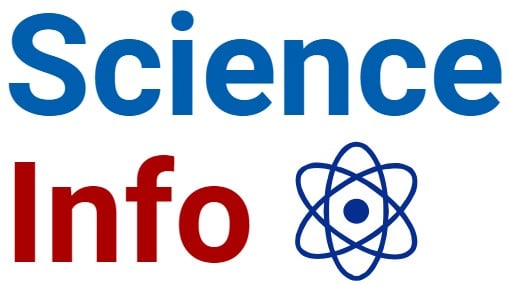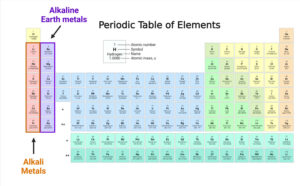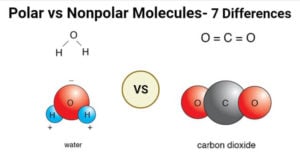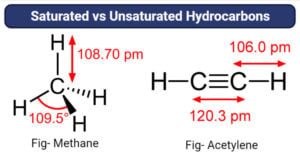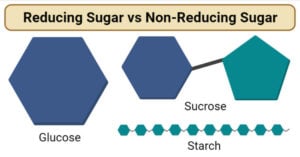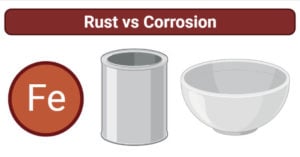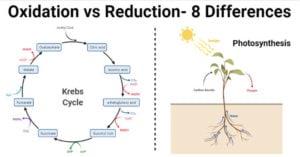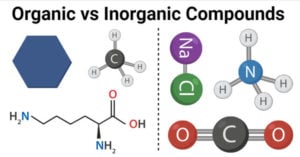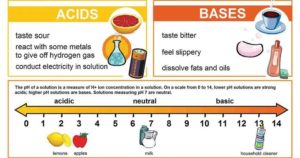Comparison of properties of Alkali and Alkaline Earth Metals
What are Alkali metals? Elements of group IA are called alkali metals. The word alkali is derived from the Arabic word alquli, meaning ashes of plants, because the plant ashes are particularly rich in sodium and potassium carbonates. In the … Read more
